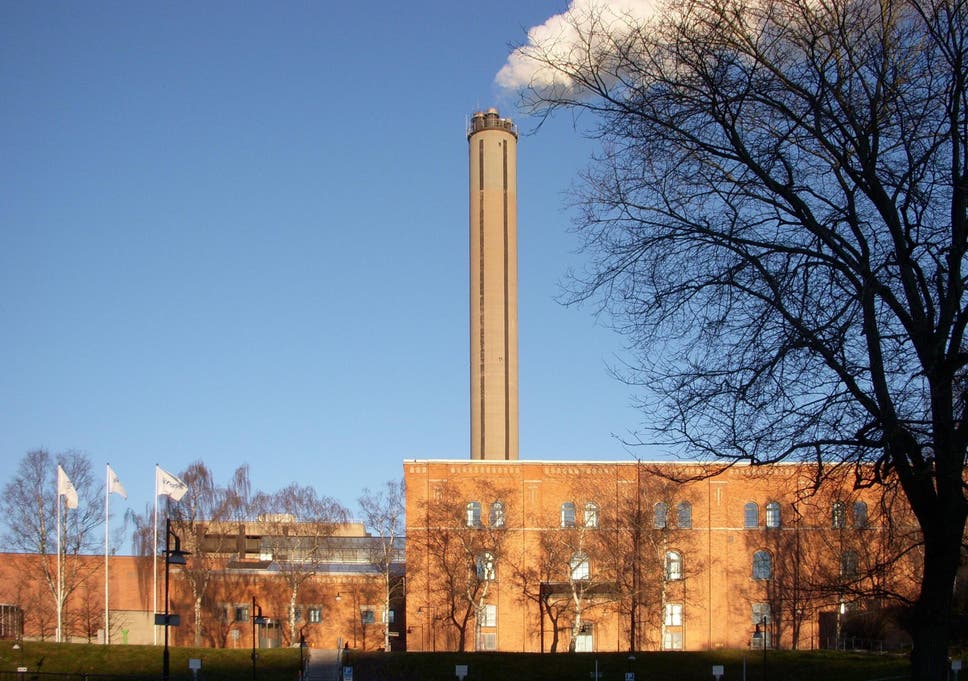Updated on 2025-08-14 by Adam Hardy
It’s got to go. There’s basically no overlooking the fact that coal releases 20% more CO2 emissions per kilowatt of energy produced than oil, and 60 to 70% more than natural gas. It’s the #1 climate destroyer.
And there’s no overlooking how polluting it is in terms of local air quality, bringing never-ending respiratory problems to anyone who regularly has to breathe the air near coal-fired power plants.
So coal is on the way out in most major economies – Sweden has just closed its last coal-fired power station two years ahead of schedule, joining Belgium and Austria’s coal-free vanguard.

Helped by the corona virus lock-down and economic crash, the UK has just set a new record for the length of time without using any coal-generated power: 18 days (and counting).
The last time this little coal was burnt was on the eve of the Industrial Revolution
That was before the creation of the National Grid in the 19th century. The UK has so far closed 2 coal power stations in 2020. That leaves 4 remaining. Even better, much of the energy has been replaced by renewables which now account for more than 50%.
See Carbon Brief: Great Britain hits coal-free electricity record amid corona virus pandemic
Poland and Germany are the European bad boys, both countries being locked in internal political struggles with strong coal industries and miners unions. Both plan to stay in coal for years to come – or at least that is what their government policies state, while the energy industry looks at the climate and public opinion.
The real fly in the ointment is that the USA and China are showing no intention of backing off from coal. Worse, Japan has recently announced a program to generate a huge amount of their energy from coal, building over 20 new power stations around the country.
Meanwhile Australia is making a tidy income from coal, exporting tons and tons of the stuff to India and China and opening up big new mines to increase the export flow, like the infamous Adani-run Carmichael mine.
)
In fact the UK still buys coal from Australia, as well as the USA, Colombia and mainly Russia. As well as shipping in the coal from all over the world, other factors contribute to coal being really quite expensive – cleaning up the emissions that come out of the chimneys for instance. And that’s without any mention of Carbon Capture and Storage. So how come it’s still in use?
Because a coal-fired power station is an investment in terms of hardware, and the miners are well unionised and never happy to consider losing their jobs, getting rid of coal is actually quite difficult. This inertia is the one key area that has caused central banks and government planners to prick up their ears. If climate change kicks in so badly that governments have no choice but to shut down the coal industry, there will be massive economic damage. The Bank of England’s previous chairman, Mark Carney, calls it the danger of “stranded assets”:

It seems that the coal industry is losing its battle for survival – even without the clamour to stop global warming. It’s just too expensive, too inconvenient (it’s not easy to turn off a coal-fired power station), and too much of difficult choice, except for Japan. The corona virus-induced economic carnage is giving current governments the opportunity to kill off the ailing industry completely. It also looks like Trump’s plans to resuscitate the American coal industry were ill thought out. It’s getting beaten by renewables.
Time will tell whether India and China, with their cheap labour for mining, will stick with the black stuff. They could target natural gas and renewables. And so could Japan, but for a big mixed bag of reasons featuring all of the above and the Fukushima nuclear disaster, they are forging ahead with their 20 new plants – despite the advice from their economists that by 2025 (after only a 10th of the power stations’ lifespans) renewable energy will make them redundant.

Presumably the Japanese love their “base load” which keeps their national grid humming, and can’t come to terms with the different mix of risks, loads, storage and decentralisation issues of renewables.
Keep an eye on the Carbon Watchdog feed for more posts on energy, nuclear power, renewables and climate change.



One reply on “Goodbye Coal”
Despite Australian Prime Minister “Don’t be afraid of coal” Morrison favouring coal extraction above all else including apocalyptic bushfires, Aussie business is going the way it figures best: “World-Beating Transition Sees Australia Plan for Life After Coal” https://finance.yahoo.com/news/world-beating-transition-sees-australia-021947245.html